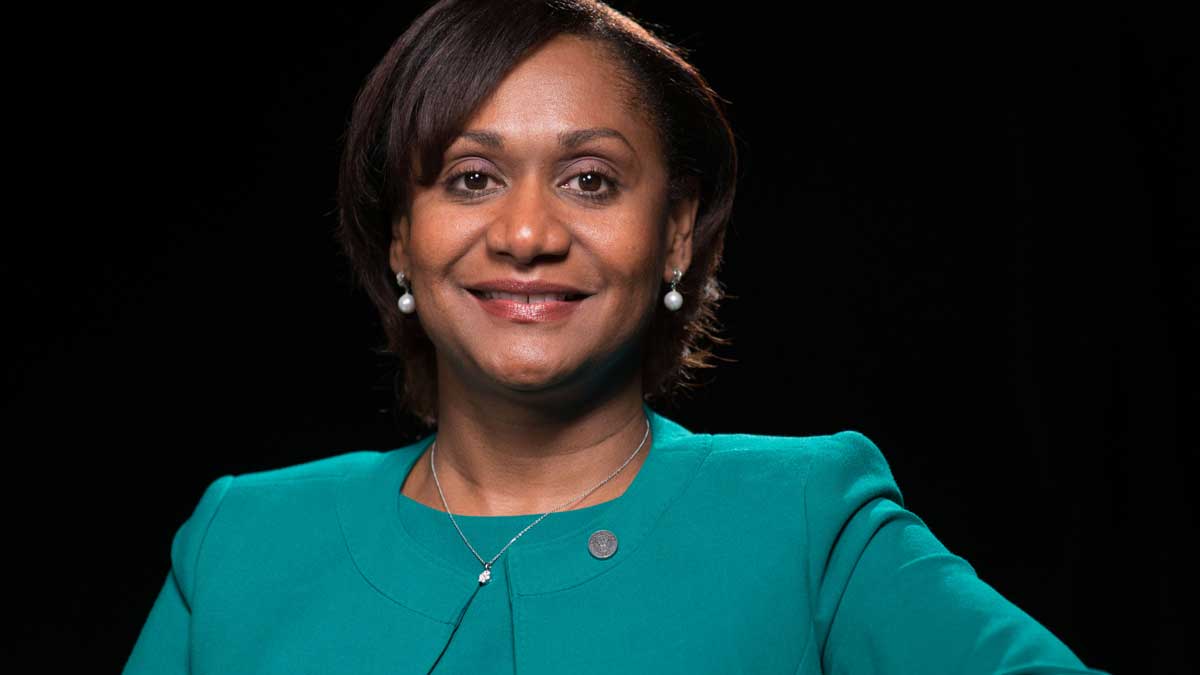The Rice chapter of Students for the Exploration and Development of Space (SEDS) will host the 2021 Owls in Space Symposium virtually, on March 6.
The event’s keynote speaker will be Vanessa Wyche, deputy director of NASA’s Johnson Space Center in Houston.
“The symposium is hosted by students for students to engage with space culture and industry,” said Ryan Udell, a senior in mechanical engineering and president of SEDS Rice. “It supports our desire to empower undergraduate and graduate students to explore the space disciplines at Rice and elsewhere.”
The symposium will include two panels:
“Space Education, Awareness and Inspiring the Next Generation”:
- Shelli Brunswick, Space Foundation chief operating officer
- Harper Cheyenne, SEDS-USA vice chair
- Kaci Heins, Space Center Houston University director
- Kirsten Siebach, assistant professor of earth, environmental and planetary sciences at Rice
“Space in the 2030s and 2040s”:
- Leroy Chiao, lecturer in mechanical engineering at Rice and former NASA Astronaut
- Stanley Love, NASA astronaut and deputy chief of the Astronaut Office’s Rapid Prototying Laboratory
- Tammy Radford (M.S. ’05), Oceaneering Space Systems senior engineer
- Franklin Chang-Diaz, Ad Astra Rocket Co. CEO and former NASA astronaut
- Robert Behnken, NASA astronaut
SEDS Rice developed OwlSat, one of 18 small research satellites known as CubeSats selected by NASA to serve as a payload in launches scheduled for the next several years. OwlSat is tentatively slated for liftoff in January 2022.
The satellite will contain sensors to monitor the extreme ultraviolet (EUV) radiation emitted by the sun. Such emissions become more intense during periods of solar flaring and can alter the path of satellites in low-Earth orbit. In the words of the Rice proposal, OwlSat will also monitor the satellite’s orbital velocity and altitude “to characterize how varying EUV values modulate the orbital decay rate of a Low Earth Orbit CubeSat over time.”
“Space is getting crowded,” Udell said. “About 2,200 satellites are already up there. It’s important that we learn where all the space junk is. We don’t want it hitting anyone. UV radiation can have an impact on orbital decay.”
The symposium will also feature an aerospace career fair with the following companies in attendance: Lockheed Martin, Space Center Houston, Lunar and Planetary Institute, Johns Hopkins Applied Physics Laboratory, Ad Astra Rocket Company, Analytical Graphics, SpaceFund, BAE Systems, First Mode, NASA Jet Propulsion Laboratory, NASA Johnson Space Center, Limitless Space Institute, The Zed Factor Fellowship, AEXA Aerospace and Axiom Space.
Students are invited to submit their résumés for the career fair. Registration for the symposium is now open.

